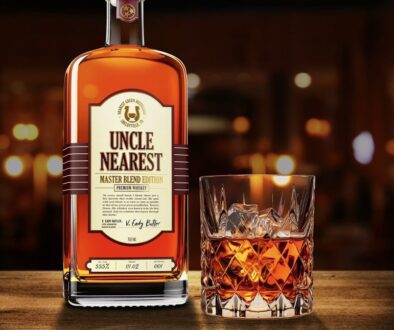OLAF Dismantles Whisky and Vodka Smuggling Scheme
Investigators from the OLA have dismantled a smuggling scheme involving premium vodka and whisky from across continents. The European Anti-Fraud Office (OLAF) successfully coordinated the bust. OLAF provided information that led to the seizure of almost 400 thousand bottles worth about €14 million.
As part of the scam, counterfeit spirits were transshipped via the Caucasus to many EU ports. The agency, OLAF, EU Member States, and third-country authorities disrupted the scheme.
According to a press release, OLAF investigated the smuggling network masquerading as premium brands. Despite the fake spirits being destined for the EU market, production took place in several countries outside the EU.
OLAF Deals Major Blow to Whisky Smuggling Scheme

A key role of OLAF was to facilitate the exchange of information between EU and non-EU authorities. The organism worked through the collection, analysis, and dissemination of critical operational intelligence concerning the smuggling network.
Ville Itälä, OLAF Director-General, said: “This operation underscores our unwavering commitment to safeguarding consumers and preserving the integrity of the European market. Counterfeit alcohol is not only an economic crime but also a serious public health risk. These illicit products often contain harmful substances that can cause severe health issues or even be fatal. We successfully disrupted a sophisticated criminal network and prevented these dangerous products from reaching the public. This achievement is a testament to the skill and determination of our investigators and highlights the vital importance of cross-border cooperation.“
The press release emphasized that the illicit distribution of spirits is dangerous to both distilleries and consumers. “The counterfeit spirits were cleverly packaged and labeled to mimic premium brands, making it difficult for unsuspecting consumers and retailers to distinguish them from legitimate products.
“Illicit alcohol not only poses a financial threat to legitimate businesses but also a serious health risk to consumers as the production process of these goods does not adhere to safety standards. “




